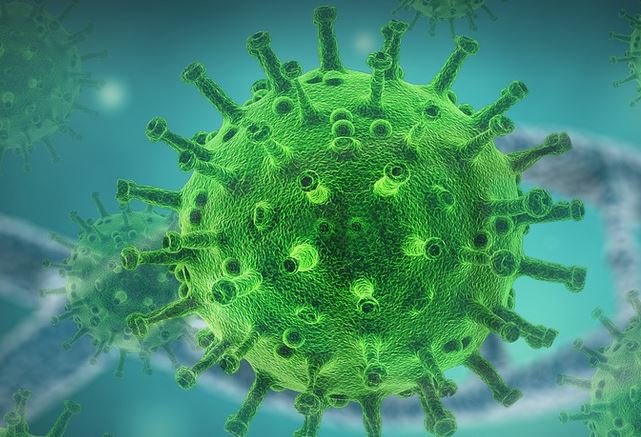The Best Time to Get a Flu Shot: What You Need to Know
Getting a flu shot is an essential step in protecting yourself and others from influenza, a potentially serious respiratory illness. However, timing your flu vaccination is crucial to maximize its effectiveness. Here’s what you need to know about the best time to get your flu shot and why timing matters.
Optimal Timing for Flu Vaccination
The Centers for Disease Control and Prevention (CDC) recommends that most people should aim to get their flu vaccine in September or October. This timing ensures that your body has enough time to develop antibodies before flu activity starts to increase, which typically happens in the fall and winter months. The flu season in the United States generally runs from October to May, with peak activity often occurring between December and February.
Why Timing Matters
It takes about two weeks for the flu vaccine to become fully effective after administration. Therefore, getting vaccinated by the end of October is ideal, as it allows your body to build immunity before the flu season is in full swing. If you miss this window, it is still beneficial to get vaccinated later, as flu activity can continue into the spring.
Considerations for Early Vaccination
While the CDC advises against getting vaccinated in July or August for most people, there are exceptions. Pregnant individuals in their third trimester and children who require two doses of the vaccine may benefit from earlier vaccination. This is to ensure that they and their newborns are protected during the flu season. Additionally, individuals who might not have access to healthcare in the fall could consider getting vaccinated earlier.
Special Populations
Certain groups are at higher risk for severe flu complications, including young children, adults over 65, pregnant people, and those with chronic medical conditions. For older adults, a high-dose flu vaccine may be recommended, and they might consider getting vaccinated later in the fall to ensure prolonged protection through the peak of flu season.
Conclusion
In summary, the best time to get a flu shot is in September or October, but getting vaccinated later is still beneficial. The flu vaccine is a critical tool in preventing influenza and its complications. By timing your vaccination appropriately, you can help ensure that you and those around you are protected throughout the flu season.

